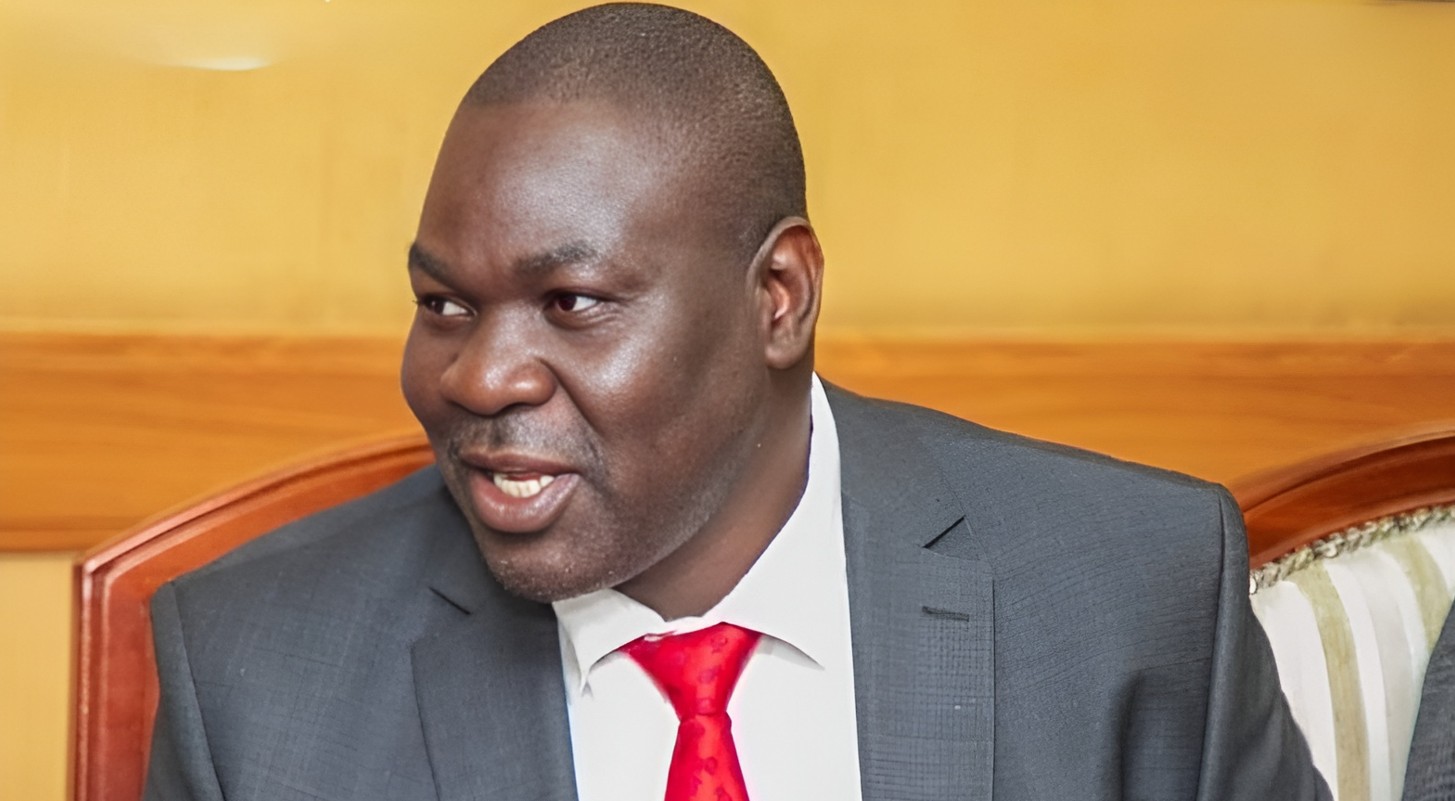Duncan Ojwang declines Ruto's nomination for KNCHR chair position, vetting suspended

In a letter addressed to National Assembly Speaker Moses Wetang’ula, Ojwang cited personal reasons and a possible conflict of interest as grounds for his refusal.
President William Ruto’s choice for Chairperson of the Kenya National Commission on Human Rights (KNCHR), Duncan Oburu Ojwang, has officially declined the nomination, just days after his name was forwarded to Parliament for vetting.
In a letter addressed to National Assembly Speaker Moses Wetang’ula, Ojwang cited personal reasons and a possible conflict of interest as grounds for his refusal.
More To Read
- How Trump–Ruto health deal fills the void left after USAID exit
- Nominated MP Denar Hamisi is dead, National Assembly confirms
- UNAIDS hails Kenya–US health framework as major boost for HIV response
- Kenya, US sign Sh208 billion health cooperation deal to transform to strengthen primary care, services
- Ruto backs IMF partnership as key to Kenya’s debt, economic reforms
- Tough decisions stabilised the economy, saved Kenya from shame – Ruto
Following this, the vetting process scheduled by the Justice and Legal Affairs Committee has been suspended, with the appointing authority now expected to nominate a new candidate.
Speaker Wetang’ula informed members of Parliament on Tuesday that he had received a letter from Ojwang declining the appointment.
He further directed the Departmental Committee on Justice and Legal Affairs to stop any further action on the nominee and instructed the Clerk of the National Assembly to immediately inform the appointing authority of the development.
Ojwang was nominated on August 5, 2025, following a competitive selection process, and his details were forwarded to the relevant committee for vetting.
The nominee was among six candidates shortlisted in May from an initial pool of 17 applicants.
Ojwang is a distinguished legal scholar and human rights expert, having served as Dean of the School of Law at Africa Nazarene University from 2017 until January 2023.
He has also lectured at the University of Nairobi, specialising in constitutional law, human rights, environmental law, and law and development.
He holds a PhD in Law and Policy from the University of Arizona, an LL.M. in International Human Rights Law from Indiana University, and a Juris Doctor from Southern Illinois University School of Law. Ojwang also has a background in psychology with a bachelor’s degree from Indiana University.
Beyond academia, Ojwang has participated as an election observer with the African Union, contributed to the Tumaini peace mediation process in South Sudan, and served on the technical team of the National Dialogue Committee (NADCO).
His nomination faced legal opposition from the Katiba Institute and Kenya Human Rights Commission (KHRC), who argued that it breached Article 250(II) of the Constitution. This article forbids appointing a chairperson and vice-chairperson of the same gender in a constitutional commission.
Since the current vice-chairperson, Raymond Nyeris, is male, the petitioners claimed the nomination was unconstitutional. The High Court is scheduled to mention the case on September 17.
Ojwang’s decision to decline the appointment ends the current vetting process, leaving the government with the task of identifying a new nominee for the KNCHR chairperson position.
Top Stories Today












































